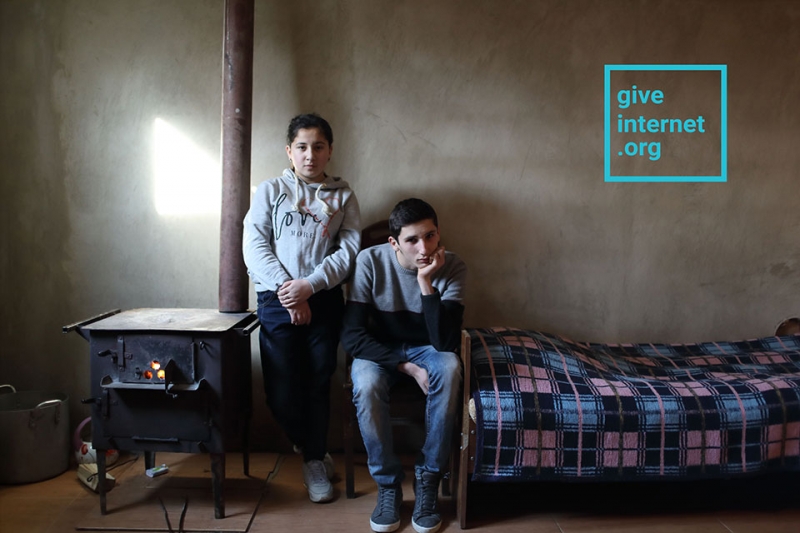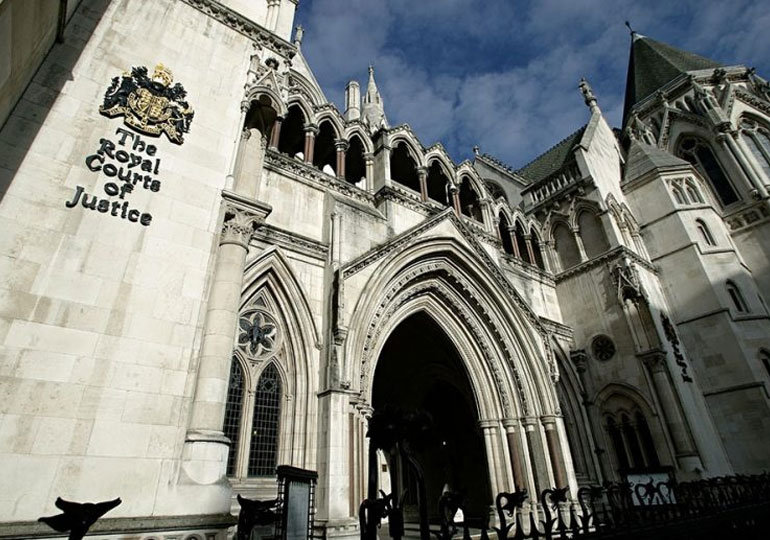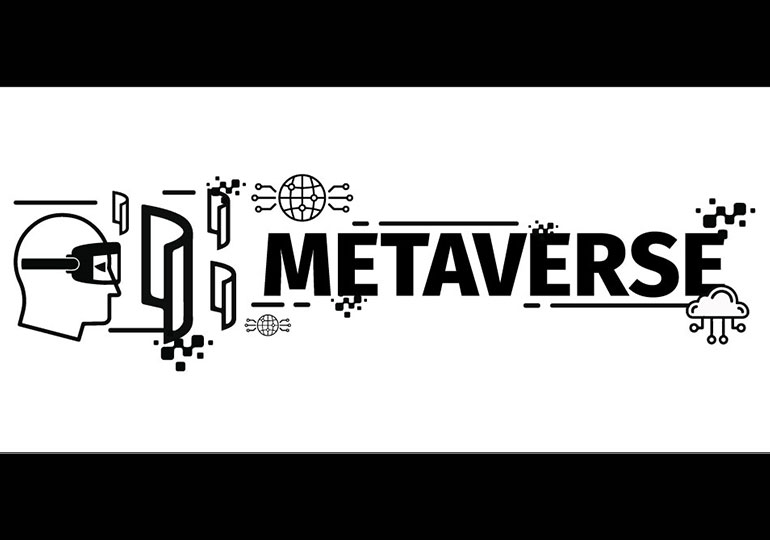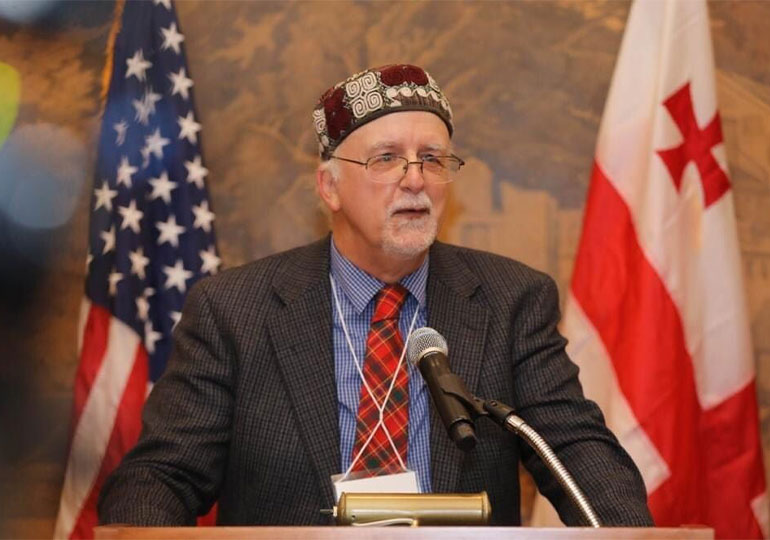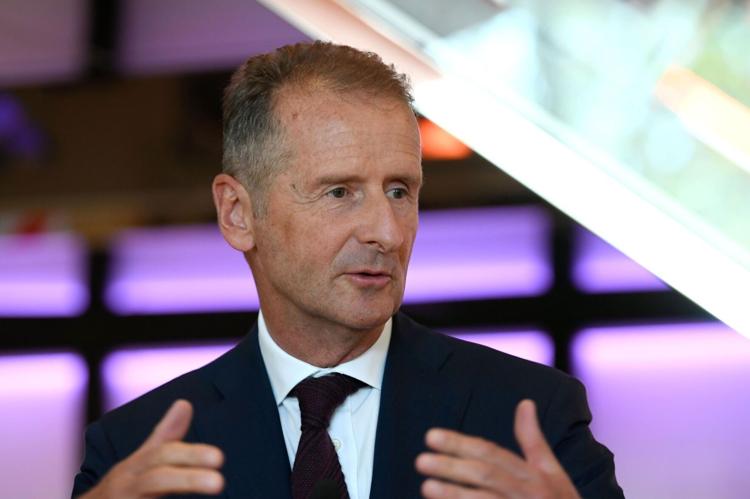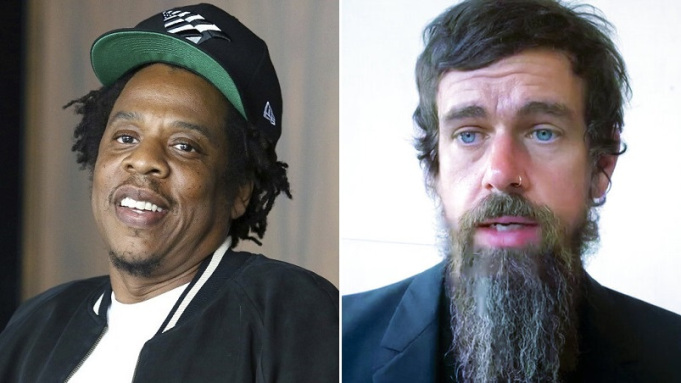What is the most cost-efficient way to boost socioeconomic growth in a developing country? The GiveInternet.org team would tell you that it is introducing connectivity.
March 12 marked the 30th birthday of the World Wide Web this year. Hashtags like #Web30 and #ForTheWeb and pictures of Tim Berners-Lee took over the Internet. The Web Foundation and the A4AI (Alliance for Affordable Internet) flooded Twitter with not only festive, but also solemn tweets on one of the hottest issues today: the Digital Divide.
Half of the world’s population is still offline and the Internet affordability has not improved in the past years. While countries fail to prioritise ICT policy reforms, an interesting social initiative is slowly taking off in Georgia.
With the Internet being such an essential part of our everyday lives today, not unlike food, water or clothing, you would think that there could be a dozen crowdfunding platforms or tools that collect funds and supply connectivity to the developing world. And you would be wrong. Turns out, GiveInternet.org is the first social startup to actually implement the idea and as a local partner of the A4AI, GiveInternet.org hopes to change the landscape, and hopefully bridge the digital divide.
It all started with Educare Georgia – a small education non-profit ‘on a mission to provide free access to world class education to anyone in Georgia’ through the Internet and other technologies. The assumption was that Georgia, having underfunded schools, unqualified teachers and low-quality schoolbooks, desperately needed an influx of accessible higher-quality educational material.
After 4 years of hard work, the Educare team translated more than 7 million words and 3 thousand videos into Georgian on platforms like Khan Academy and Code.org. After having fully localized a number of subjects like programming, math, biology and physics and after having implemented the platforms in a number of Georgian rural regions, the project came to a dead end: the team realized that those who need the resources the most could not benefit from the platforms. They didn’t Internet.
And the GiveInternet.org project was born. In Georgia, everybody knows them as www.Charte.ge (in Georgian, Charte means ‘turn it on’). And after a year of work, they’ve brought connectivity to more than 300 underprivileged families.
GiveInternet.org is a fundraising platform where anyone can register as a monthly donor (and it takes only 3 minutes) and provide Internet access to a high schooler who has been deemed as socially vulnerable by Social Services. Besides the Internet, the students also receive Google Chromebooks, free access to a number of online courses in the local language, and constant online mentorship and support from the team.
The project has a variety of partners: schools that help the team identify the students; corporate donors like Ernst & Young, Bank of Georgia, BDO and Huawei that sponsor the laptops; EdTech partners who supply their online courses for free; and local Internet Service Providers who offer discounts.
But the biggest portion of money comes from the monthly donors on the platform. Unlike what you would see at most overseas charities, 80% of the GiveInternet.org donors are Millennials – the team says it’s because the cause of connectivity resonates more with younger Georgians as they were the ones who saw first-hand the transformational power of the Internet in the past decades.
The team thinks that the project is only going to grow if the platform is fully transparent. Right now the website offers detailed information on each cost, donor, beneficiary and activity. The online donors receive monthly transparency reports and they can also choose what portion of their donation goes directly to the students (as opposed to administrative costs).
So far, the team is happy with the results, both funding-wise and in terms of its impact on the students. They always interview, survey and chat with their beneficiaries and try to measure and document their progress. More than half of the students have taken up an online course and more than 80% feel like they now have less difficulty in understanding school subjects.
But for the GiveInternet.org team, it’s not just about education. A large portion of their beneficiaries are refugees living in the Internally Displaced Settlements. Most of them are rural. The team would tell you that without a connection, they have virtually no chance of success. With the Internet, they have the chance to enhance their academic and professional background, skills and employability, efficiency and income, and social capital. They have new opportunities for artistic expression, politics, entrepreneurship, health and nutrition. And the hope is that the project benefits not only individuals but the economies and societies of entire regions.
So what’s next for GiveInternet.org? The team has big plans for the future: they are now building a new international platform and incorporating a U.S. 501(c)3 nonprofit organization to attract overseas donations and expand operations internationally. As they look for more support, they keep repeating their favorite mantra:
‘Internet access is a human right.’

Forbes Georgia
"Forbes Georgia-ის სარედაქციო ბლოგპოსტების სერია "როგორ გამდიდრდა“ და "საქართველო რეიტინგებში".
